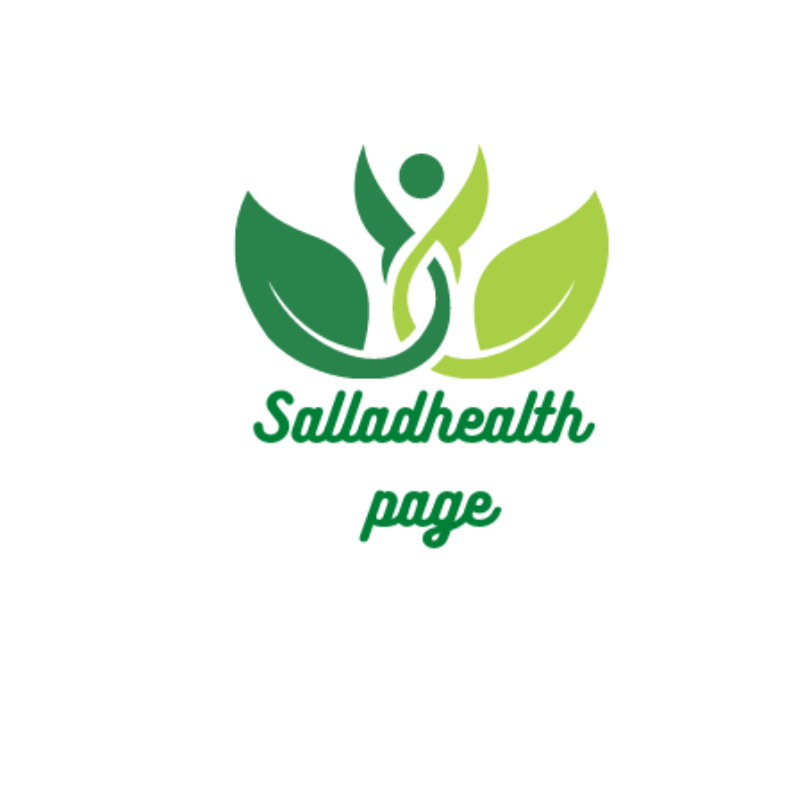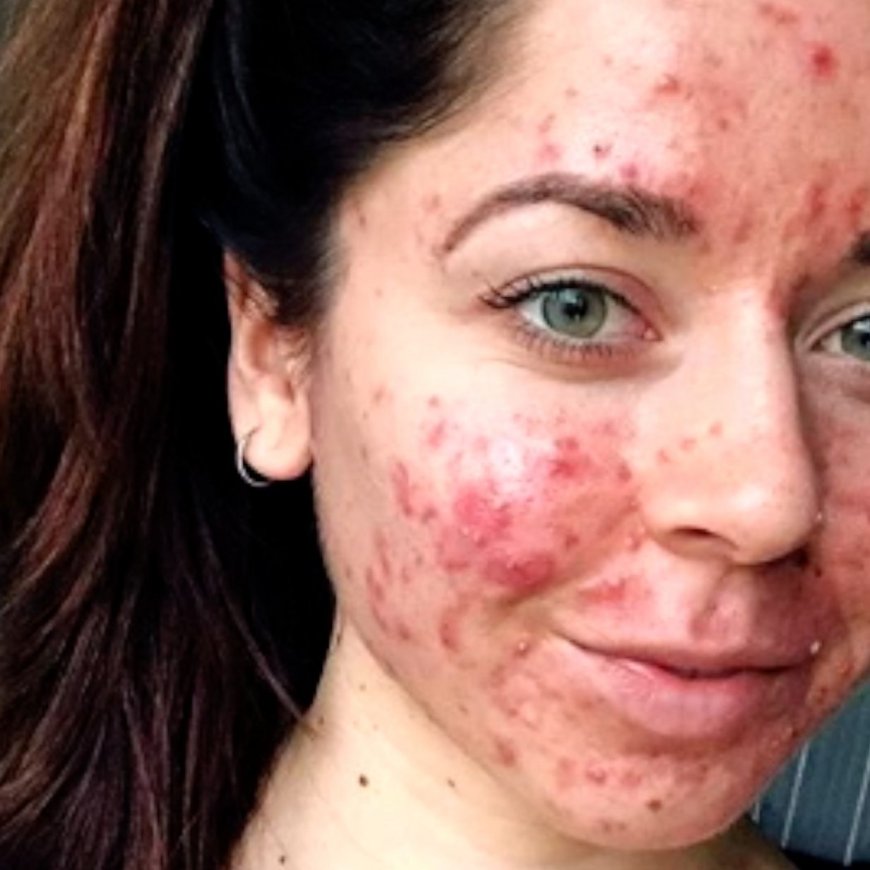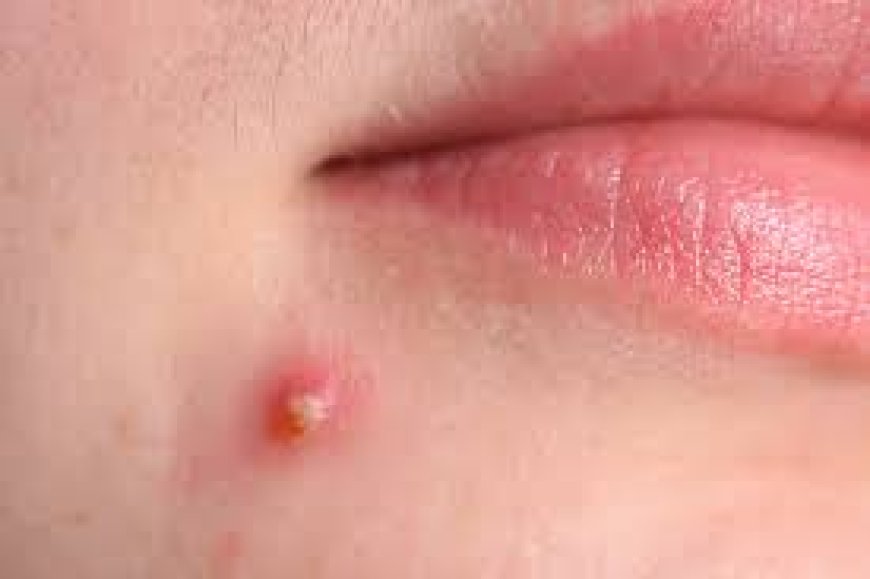The Best Skincare Routine For Acne-Prone Skin
Discover the best tips and solutions to get rid of acne and achieve clear skin. Our expert guide provides everything you need to know about acne prevention and treatment. Click here to learn more.
Acne is a common skin condition that affects millions of people worldwide. It occurs when the hair follicles on the skin become clogged with oil and dead skin cells, leading to the formation of whiteheads, blackheads, and pimples. Acne is most common among teenagers, but it can affect people of all ages. In this article, we will discuss the causes, symptoms, and treatment options for acne.
Causes of Acne
There are four main factors that cause acne:
1. Excess oil (sebum) production: Excess production of oil by the sebaceous glands can clog the hair follicles, leading to the formation of acne.
2. Hair follicles clogged by oil and dead skin cells: When the hair follicles are clogged by a combination of oil and dead skin cells, it can result in the formation of whiteheads and blackheads.
3. Bacteria: Bacteria on the skin can cause inflammation and infection, leading to the formation of pimples.
4. Inflammation: Inflammation is the body's response to injury or infection. When the hair follicles become inflamed, it can lead to the formation of acne.
Acne typically appears on the face, forehead, chest, upper back, and shoulders because these areas have the most oil (sebaceous) glands. Hormonal changes, certain medications, diet, and stress can trigger or worsen acne.
Symptoms of Acne
The symptoms of acne can vary depending on the severity of the condition. Here are the most common symptoms:
1. Whiteheads (closed plugged pores)
2. Blackheads (open plugged pores)
3. Small red, tender bumps (papules)
4. Pimples (pustules), which are papules with pus at their tips
5. Large, solid, painful lumps under the skin (nodules)
6. Painful, pus-filled lumps under the skin (cystic lesions)
Acne usually appears on the face, forehead, chest, upper back, and shoulders. If self-care remedies do not clear your acne, it is advisable to see a primary care doctor. If acne persists or is severe, seeking medical treatment from a dermatologist or pediatric dermatologist is recommended.
Treatment Options for Acne
Fortunately, there are several effective treatment options for acne. The treatment option chosen will depend on the severity of the acne. Here are some of the most common treatment options:
1. Topical treatments: Topical treatments, such as retinoids, benzoyl peroxide, and antibiotics, can be used to treat mild to moderate acne.
2. Oral medications: Oral medications, such as antibiotics, hormone therapy, and isotretinoin, can be used to treat moderate to severe acne.
3. Light therapy: Light therapy is a non-invasive treatment that can be used to treat moderate to severe acne.
4. Chemical peels: Chemical peels involve the use of a chemical solution to remove the outer layer of skin, leading to the improvement of acne.
5. Extraction: Extraction involves the removal of blackheads and whiteheads using special tools.
6. Lifestyle changes: Lifestyle changes, such as diet modification, stress reduction, and proper skin care, can be helpful in managing acne.
Complications of Acne
If left untreated, acne can cause emotional distress and scarring. People with darker skin types are more likely than those with lighter skin to experience acne complications such as scars and skin changes. It is essential to seek medical attention if there is a sudden onset of severe acne, which may signal
If you're experiencing difficulty sleeping, there are several things you can do to improve your sleep quality. Here are some tips:
1. Stick to a consistent sleep schedule. Try to go to bed and wake up at the same time every day, even on weekends.
2. Create a relaxing bedtime routine. This could include taking a warm bath, reading a book, or listening to soothing music.
3. Make sure your sleeping environment is conducive to sleep. This means keeping the room dark, quiet, and cool.
4. Avoid caffeine and alcohol in the hours leading up to bedtime.
5. Limit your exposure to screens before bed. The blue light emitted by phones, tablets, and computers can interfere with sleep.
6. Exercise regularly, but not too close to bedtime.
7. Consider practicing relaxation techniques, such as meditation or deep breathing exercises.
8. If you're still having trouble sleeping, talk to your doctor. They may be able to recommend medication or other treatments that can help.
Prevention of Acne
While acne can't always be prevented, some measures can reduce the risk of its occurrence, such as washing the face twice daily with a gentle cleanser, avoiding touching the face, avoiding picking or squeezing pimples, using non-comedogenic cosmetics and sunscreen, and managing stress.
10 Tips for Clearing Acne Naturally.
1. Keep your skin clean keeping your skin clean is one of the most important things you can do to prevent acne. Wash your face twice a day with a gentle cleanser and warm water. Avoid scrubbing too hard or using hot water, as this can irritate your skin and make acne worse.
2. Avoid harsh chemicals many acne treatments contain harsh chemicals that can dry out your skin and make it more prone to breakouts. Look for natural products that are free from sulfates, parabens, and synthetic fragrances. Tea tree oil, witch hazel, and aloe vera are all excellent natural alternatives.
3. Stay hydrated Drinking plenty of water can help keep your skin hydrated and healthy. Aim for at least eight glasses of water a day, and avoid sugary drinks and caffeine, which can dehydrate your skin.
4. Eat a healthy diet your diet can also affect your skin's health. Avoid sugary and processed foods, and instead focus on eating a variety of fruits, vegetables, and lean proteins. Foods rich in vitamins A, C, and E, as well as zinc, can also help clear acne.
5. Get enough sleep Getting enough sleep is essential for healthy skin. Aim for seven to eight hours of sleep each night, and try to establish a regular sleep routine. Lack of sleep can increase stress, which can worsen acne.
6. Manage stress stress can also trigger acne breakouts. Practice stress-reducing techniques like meditation, deep breathing, or yoga. Exercise can also help reduce stress levels and improve overall skin health.
7. Use non-comedogenic products Non-comedogenic products are designed not to clog pores, which can contribute to acne breakouts. Look for products that are labeled "non-comedogenic," including makeup, sunscreen, and moisturizers.
8. Avoid touching your face, touching your face can transfer bacteria and oil from your hands to your skin, leading to breakouts. Avoid touching your face as much as possible, and wash your hands regularly to keep them clean.
9. Don't pop pimples while it may be tempting to pop pimples, this can actually make acne worse. Popping pimples can lead to scarring and the spread of bacteria, which can cause more breakouts. Instead, apply a warm compress to the affected area to help reduce inflammation.
10. See a dermatologist if you have severe or persistent acne, it's important to see a dermatologist. They can recommend prescription medications and treatments that can help clear your skin.
Acne is a common skin condition that affects people of all ages, but effective treatments are available. Understanding the causes, symptoms, and treatments of acne can help reduce its impact on your life. If you're struggling with acne, seeking medical advice from a dermatologist can help you develop an effective treatment plan. By taking preventive measures, you can reduce the risk of developing acne and improve your overall skin health.
What's Your Reaction?











































